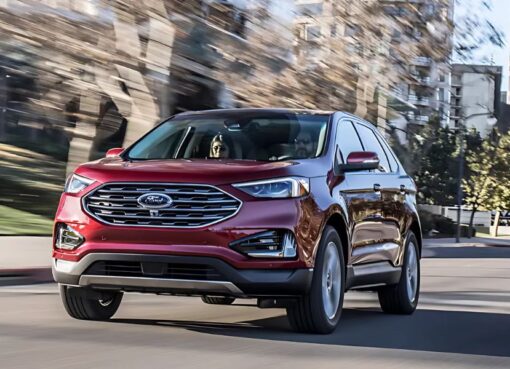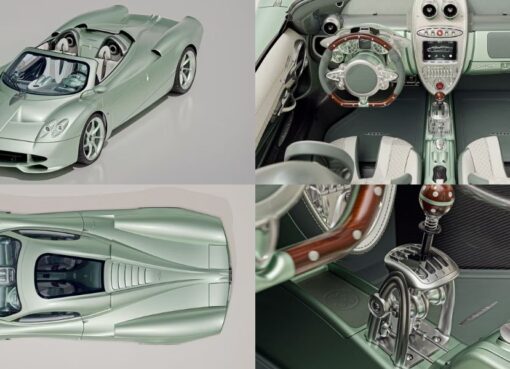California Suspends GM Cruise Robotaxi License Following Pedestrian Accident
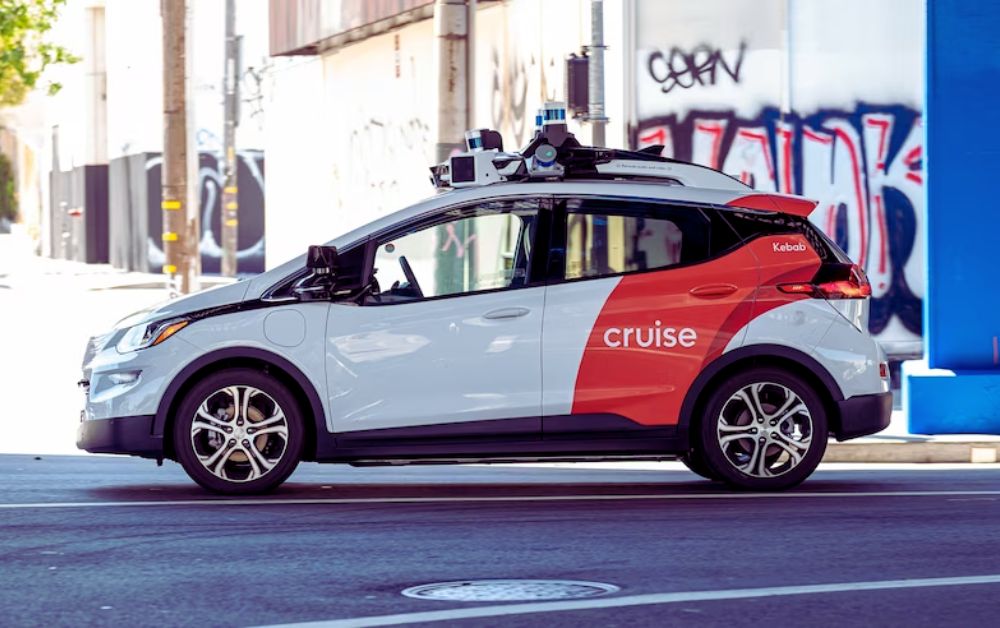
In a significant turn of events in the world of autonomous vehicles, California has taken a decisive step by suspending the license of GM’s Cruise robotaxi service. This action comes in the wake of a harrowing pedestrian accident and the revelation of alleged safety concerns. In this article, we’ll delve into the details and implications of this suspension, the fallout it has triggered, and the response from various stakeholders.
Cruise Suspended: The Pedestrian Accident That Shook California
Update as of October 27: Cruise Temporarily Halts Operations Nationwide
In a recent incident that grabbed national attention, a Cruise robotaxi came to a sudden stop and tragically ran over a pedestrian who had already been struck by another human-driven car. Shockingly, the Cruise vehicle attempted to continue driving with the victim pinned underneath it. The California Department of Motor Vehicles (DMV) alleges that Cruise withheld critical video evidence of this incident during an ongoing investigation. This alarming revelation played a pivotal role in the suspension of Cruise’s license for fully autonomous Chevrolet Bolt taxis.
(1/3) The most important thing for us right now is to take steps to rebuild public trust. Part of this involves taking a hard look inwards and at how we do work at Cruise, even if it means doing things that are uncomfortable or difficult.
— cruise (@Cruise) October 27, 2023
Reactions and Consequences: The Aftermath of Cruise’s License Suspension
The Fallout Has Been Immediate
Following the suspension of Cruise’s autonomous license, Los Angeles City Council member Hugo Soto-Martinez swiftly announced his intention to introduce a motion addressing public safety concerns related to autonomous vehicles, particularly robotaxis. This motion reflects growing outrage among public safety officials and local residents regarding robotaxi services. The motion goes beyond Cruise, mentioning incidents involving Waymo and reports from the National Highway Traffic Safety Administration (NHTSA) about automated driving system crashes in 2021.
Teamsters Local 586 also weighed in on the situation, expressing their satisfaction with the license suspension but calling it insufficient. They point out that the DMV’s provision for Cruise to apply for reinstatement is questionable, given allegations of misinformation about vehicle safety. The implications of this incident may extend beyond Cruise, potentially leading to new legislation that covers a broader spectrum of autonomous vehicles, including robotaxis.
Conclusion:
The suspension of GM’s Cruise robotaxi license in California has sent ripples throughout the autonomous vehicle industry. The shocking details of the pedestrian accident and the alleged withholding of safety evidence have raised questions about the future of autonomous transportation.
The swift reactions from public officials and industry stakeholders signal a pressing need for enhanced safety and regulatory measures. As the story continues to develop, it underscores the challenges and responsibilities associated with deploying autonomous vehicles on public roads.
Related Articles
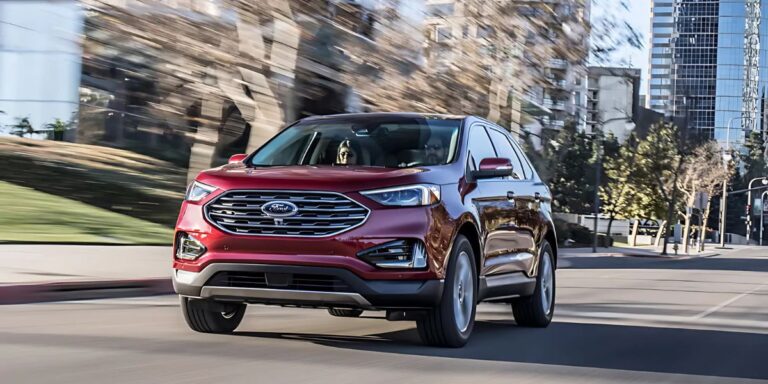
Ford Issues Recall of 1.46 Million Vehicles Over Backup Camera Failures
Ford has issued a recall for 1.46 million vehicles due to faulty backup cameras that can distort or fail completely, increasing crash risks. The recall affects popular models like the Mustang, Ranger, and F-Series Super Duty.
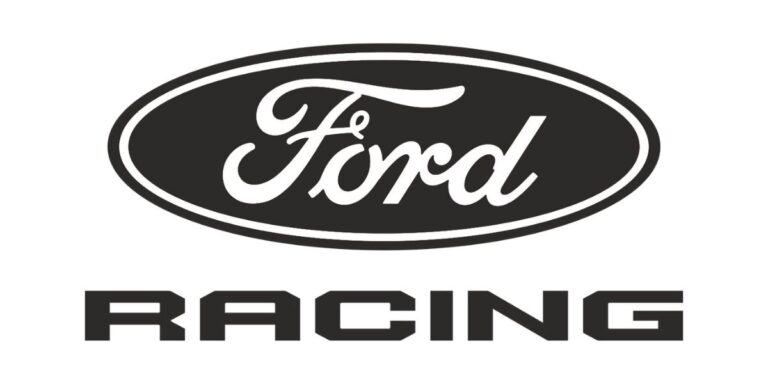
Ford Performance Rebrands as Ford Racing: A New Era in Motorsports
Ford Performance has officially been renamed Ford Racing, marking a new era for the brand. With expanded motorsport programs and high-performance road cars, Ford is gearing up for an exciting global presence.
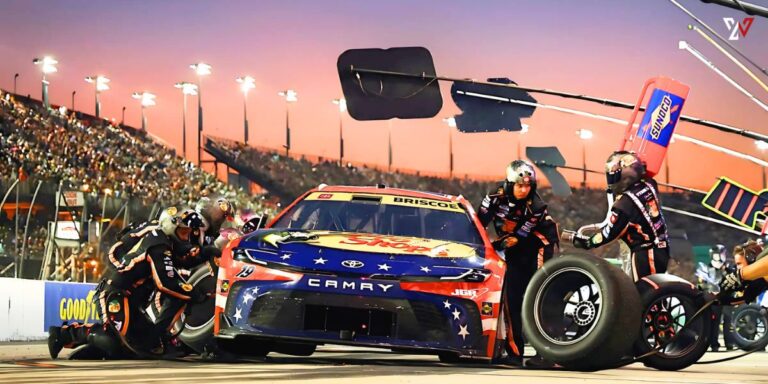
Chase Briscoe’s Back-to-Back Southern 500 Victory at Darlington Locks Him Into Round of 12
Chase Briscoe delivered a near-flawless performance at Darlington, winning the Southern 500 for the second consecutive year and advancing to the NASCAR playoffs Round of 12.
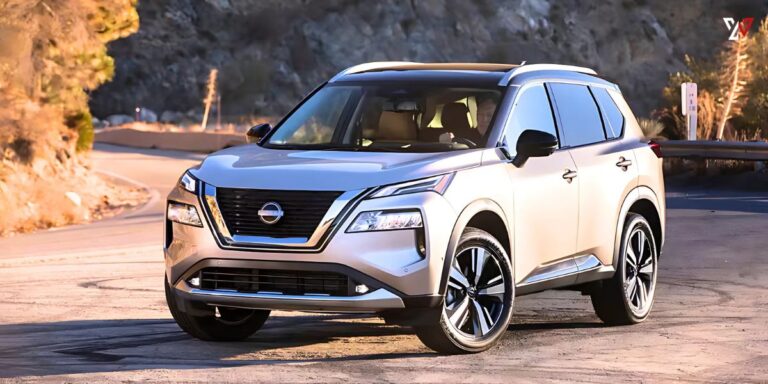
Nissan Faces Class Action Lawsuit Over Variable Compression Engine Failures
Nissan is under legal scrutiny as its variable compression engines face a class action lawsuit following a major recall. Several models are impacted, raising concerns over engine reliability.

